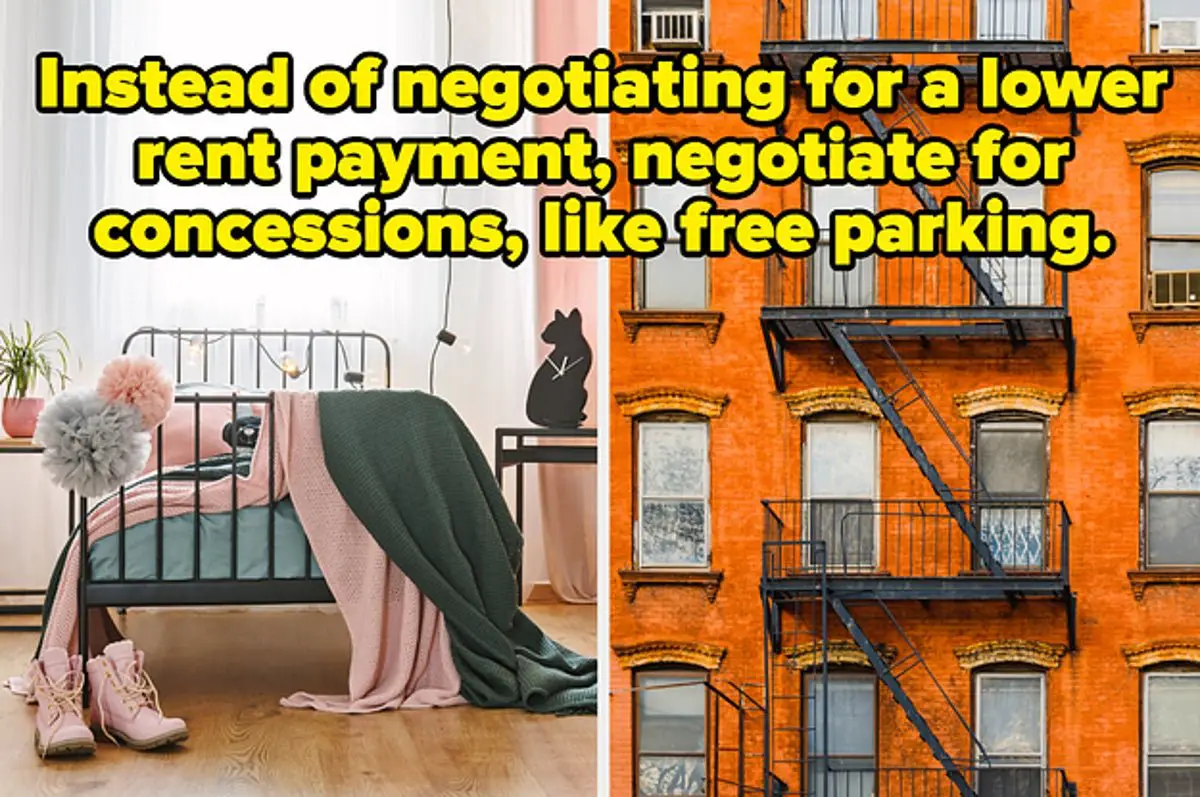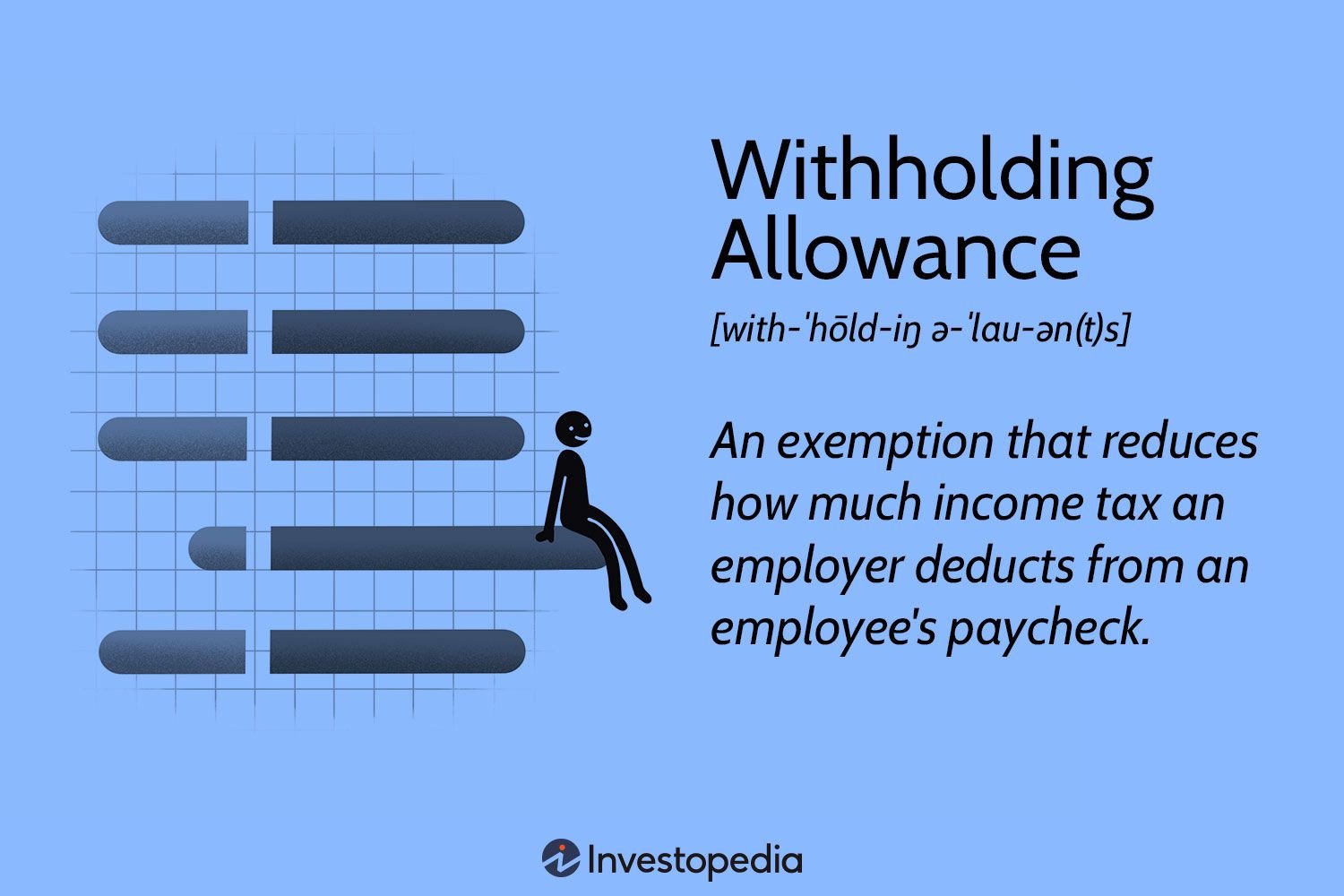Looking for ways to negotiate lower rent payments? Look no further! In this article, we’ll explore some practical tips that will help you secure a more affordable rental agreement. Whether you’re a first-time renter or a seasoned tenant, negotiating rent can be a nerve-wracking process. But fear not! With a little preparation and the right approach, you can potentially save a significant amount of money each month. So, let’s dive in and discover the secrets to successful rent negotiation. Get ready to take charge of your finances and ensure you’re getting the best deal possible on your rental.
Tips for Negotiating Lower Rent Payments
Introduction
Negotiating lower rent payments can be a daunting task, but it’s a skill worth acquiring if you want to save money and ensure your long-term financial stability. With the right approach, you can potentially lower your rent and free up some cash for other important expenses. In this article, we will discuss some effective tips and strategies to help you negotiate lower rent payments with your landlord or property manager.
1. Do Your Research
Before entering into a negotiation, it is crucial to gather as much information as possible about the rental market in your area. This will give you a better understanding of the current rental rates, average market prices, and any discounts or promotions available. Here are some research tips to get you started:
- Check online listing platforms and classified ads to compare similar properties in your area.
- Consider factors such as location, size, amenities, and condition when comparing properties.
- Speak to local real estate agents or property managers to get insights into market trends and rental prices.
- Use rental price comparison websites to get an idea of the average rent for properties similar to yours.
2. Highlight Your Qualifications as a Tenant
When negotiating lower rent, it’s important to highlight your strengths as a tenant to your landlord. Here are some qualifications that can work to your advantage:
- Good credit history: If you have a good credit score and a history of on-time payments, emphasize this to the landlord. It demonstrates your financial responsibility and reduces their risk.
- Stable income: Show proof of a stable income, such as pay stubs or employment letters, to assure the landlord that you are capable of consistently paying rent.
- Long-term commitment: If you are willing to sign a longer lease or commit to a multi-year rental agreement, landlords may be more inclined to negotiate lower rent to secure a reliable tenant.
- Positive rental references: Provide references from your previous landlords to showcase your responsible behavior as a tenant.
3. Time Your Negotiation Right
Timing can play a crucial role in the success of your negotiation. Here are a few tips to help you time your negotiations effectively:
- Start early: Begin your negotiation well in advance before your lease renewal date. This gives you more time to explore options and increases your chances of success.
- Off-peak seasons: If you’re open to moving during off-peak seasons when demand is low, landlords may be more willing to negotiate lower rent to fill vacancies.
- Market conditions: Keep an eye on market conditions. If rental rates are dropping in your area due to oversupply or economic factors, it may be an opportune time to negotiate for lower rent.
4. Be Prepared to Compromise
Negotiations often require compromise from both parties involved. While your goal is to lower your rent, it’s essential to approach the negotiation with a willingness to compromise on certain terms. Here are a few areas where you can consider compromising:
- Lease term: If the landlord is not open to reducing the monthly rent, you may negotiate for a longer lease term to spread out the cost and reduce monthly payments.
- Renewal duration: Consider negotiating a shorter renewal term with the agreement that you can reevaluate the rent price after a shorter period of time.
- Additional responsibilities: Offer to take on additional responsibilities, such as minor maintenance or landscaping, in exchange for a lower rent.
5. Ask for a Rent Reduction Based on Market Research
When negotiating with your landlord, be prepared to present your research and facts to support your request for a rent reduction. Follow these steps:
- Compile your research: Create a document summarizing the rental prices of similar properties in your area along with any additional tenant benefits.
- Schedule a meeting: Request a meeting with your landlord to discuss your findings and negotiate the rent reduction.
- Present your case: Clearly and confidently explain why you believe the rent reduction is justified based on the current market conditions and your research.
- Propose a new rent amount: Offer a specific reduced rent amount that aligns with your research and budget.
6. Consider Renegotiating Lease Terms or Amenities
If your landlord is hesitant to lower the rent, consider negotiating other aspects of the lease agreement or additional amenities. Here are some options to explore:
- Renewal incentives: Ask for other benefits like waived pet fees, upgraded appliances, or free parking as part of your lease renewal.
- Utilities: Negotiate for the inclusion of certain utilities in your monthly rent payment to reduce your overall expenses.
- Flexible move-in date: Request flexibility in the move-in date to accommodate your schedule or to align with a better deal.
- Lease termination fees: Discuss the possibility of reducing or waiving early termination fees, should you need to end the lease early.
7. Get Everything in Writing
Once you and your landlord have reached an agreement, ensure that all negotiated changes to the lease terms or rent reduction are documented in writing. This will help prevent any miscommunication or disagreements in the future. Here’s what you should do:
- Create an addendum: Draft an addendum to the lease agreement that clearly outlines the agreed-upon changes and attach it to the original lease.
- Review the addendum: Carefully review the addendum with your landlord to ensure all changes are accurately reflected.
- Sign and retain a copy: Both you and your landlord should sign the addendum, and each party should keep a copy for future reference.
Negotiating lower rent payments is a skill that can save you significant money in the long run. By doing thorough research, emphasizing your qualifications, timing your negotiations strategically, and being prepared to compromise, you can increase your chances of successfully negotiating lower rent with your landlord. Remember to approach negotiations respectfully and professionally, keeping the lines of communication open throughout the process. Happy negotiating!
Ramit Sethi: Here's How To Negotiate Your Rent
Frequently Asked Questions
Frequently Asked Questions (FAQs)
1. Can I negotiate lower rent payments with my landlord?
Yes, negotiating lower rent payments is possible in some cases. It depends on various factors such as your relationship with the landlord, the current rental market conditions, and your ability to justify the request.
2. How should I prepare before negotiating rent with my landlord?
Prior to negotiating with your landlord, it is important to research the local rental market to understand the current rates. You should also prepare a list of reasons why you believe a lower rent is warranted, such as any maintenance issues or competition from nearby properties.
3. Is it better to negotiate lower rent payments in person or in writing?
While both options are viable, it is generally recommended to initiate the negotiation in writing to provide a documented record. This can be followed up with an in-person meeting to discuss the details and come to a mutual agreement.
4. What are some effective strategies for negotiating lower rent payments?
Some effective strategies for negotiating lower rent payments include highlighting your positive rental history, offering to sign a longer lease term, proposing to take care of certain maintenance tasks yourself, or providing evidence of lower rental rates in the area.
5. Should I expect my landlord to negotiate immediately, or is it a lengthy process?
Negotiations with your landlord may not always result in an immediate agreement. It can be a process that involves back-and-forth discussions and the consideration of various factors. Patience and open communication are key during this process.
6. Can negotiating lower rent payments negatively impact my rental agreement?
While negotiating lower rent payments does carry some risk, it can generally be done without negatively impacting your rental agreement. It is important to approach the negotiation respectfully and provide valid reasons for your request.
7. Is it possible to negotiate lower rent payments even if I have a long-term lease?
While it may be more challenging to negotiate lower rent payments with a long-term lease, it is not impossible. Discussing the possibility with your landlord and presenting compelling reasons may lead to a mutually beneficial agreement.
8. What if my landlord refuses to negotiate lower rent payments?
If your landlord refuses to negotiate lower rent payments, you may have to evaluate your options. This could involve considering other rental properties, reviewing your budget to accommodate the current rent, or seeking legal advice if you believe the refusal is unfair or unlawful.
Final Thoughts
When it comes to negotiating lower rent payments, there are a few essential tips to keep in mind. Firstly, research the market to understand rental prices in the area. This knowledge will empower you during negotiations. Secondly, be prepared to present a strong case highlighting your reliability as a tenant. Emphasize your track record and the value you bring to the property. Additionally, consider offering to sign a longer lease term or taking care of minor repairs and maintenance. Finally, always be polite, respectful, and open to compromise. By following these tips for negotiating lower rent payments, you can increase your chances of securing a more affordable rental agreement.



